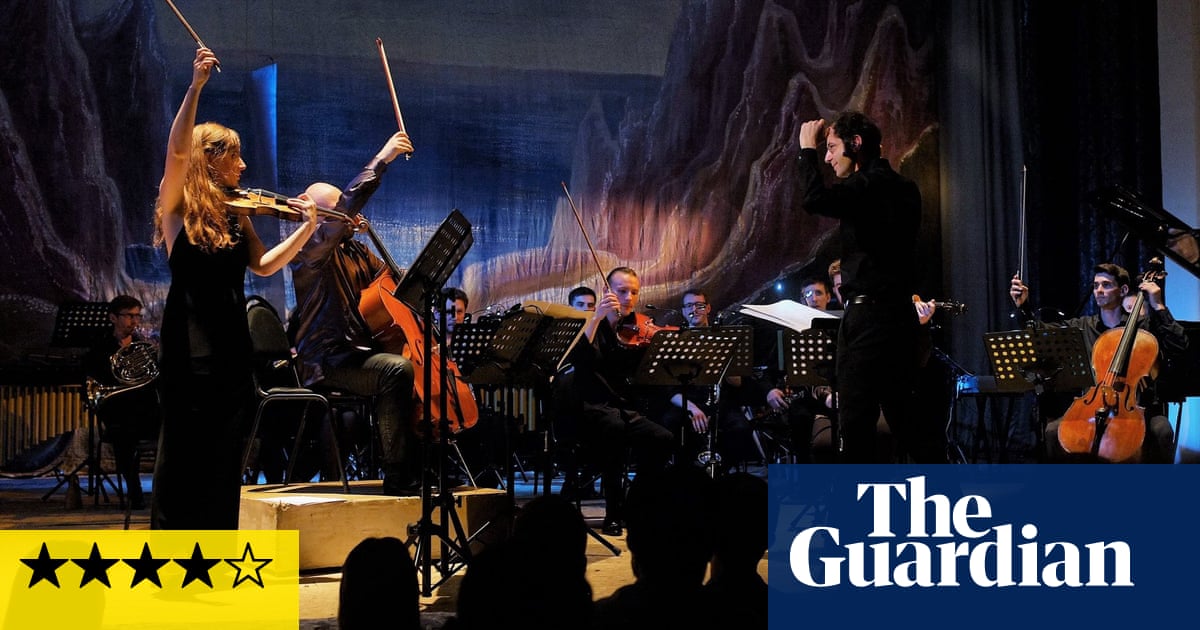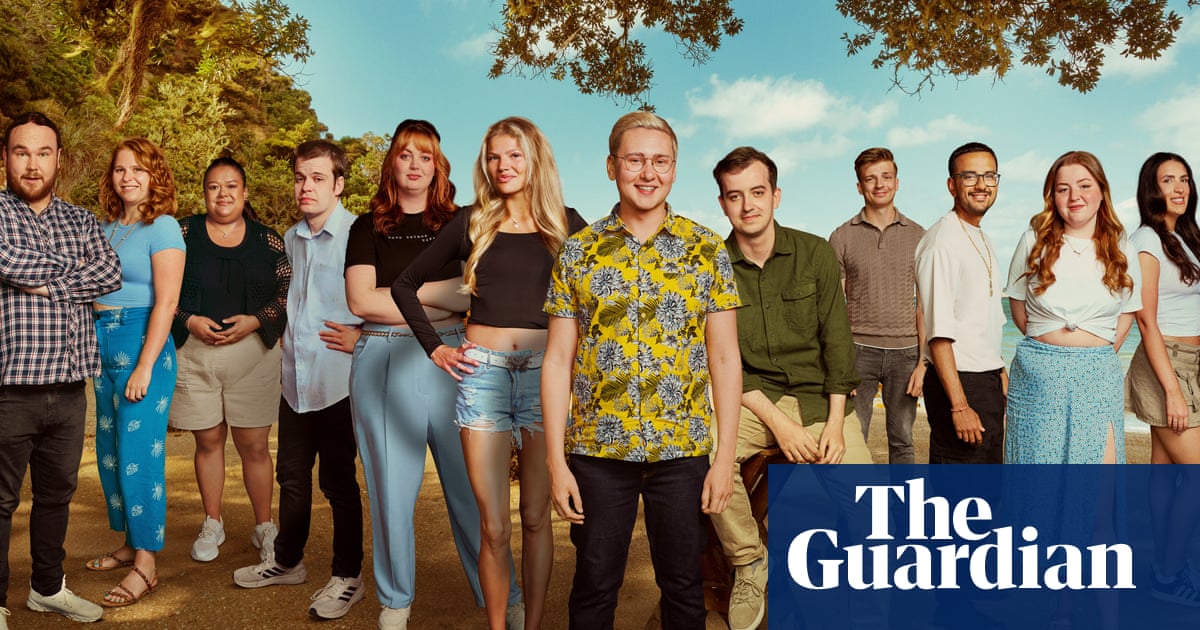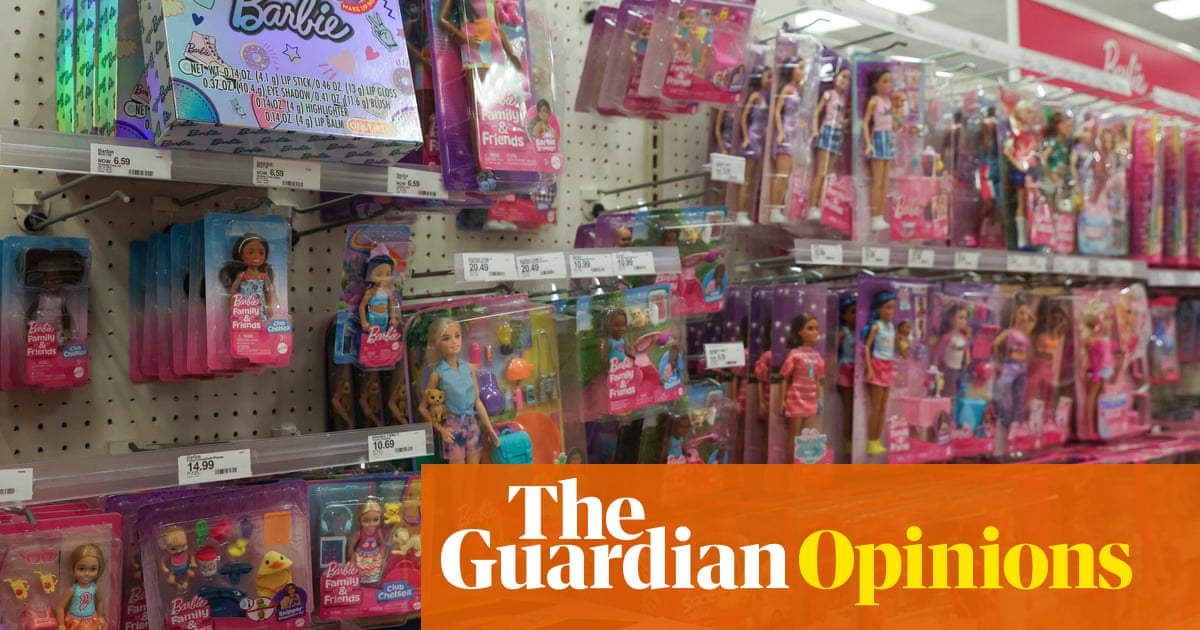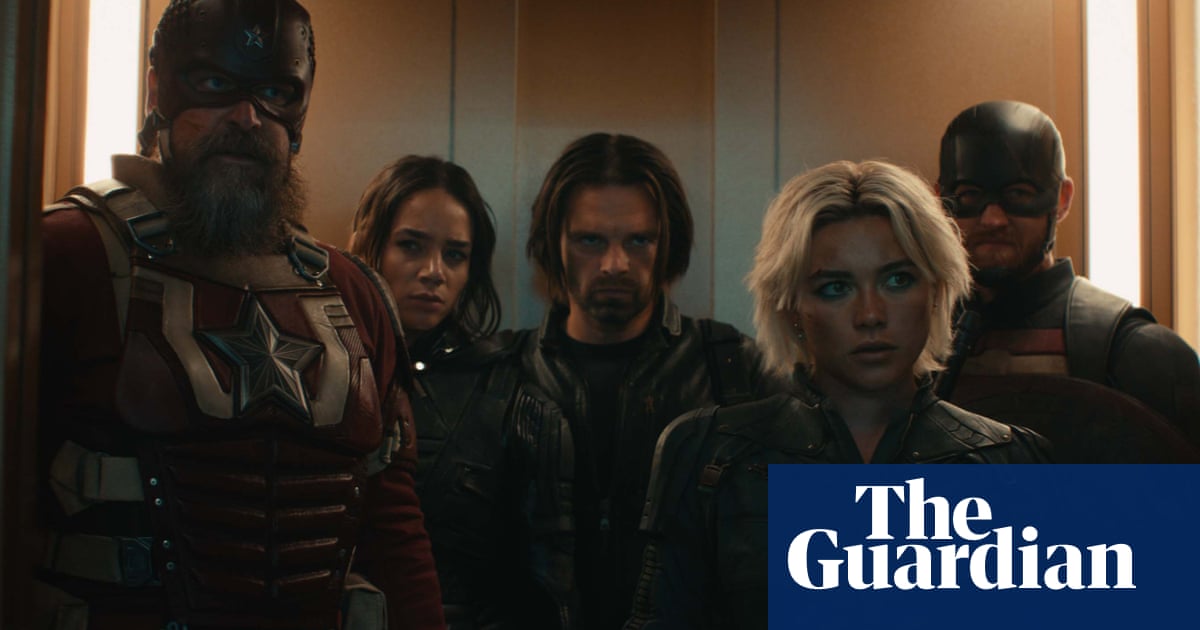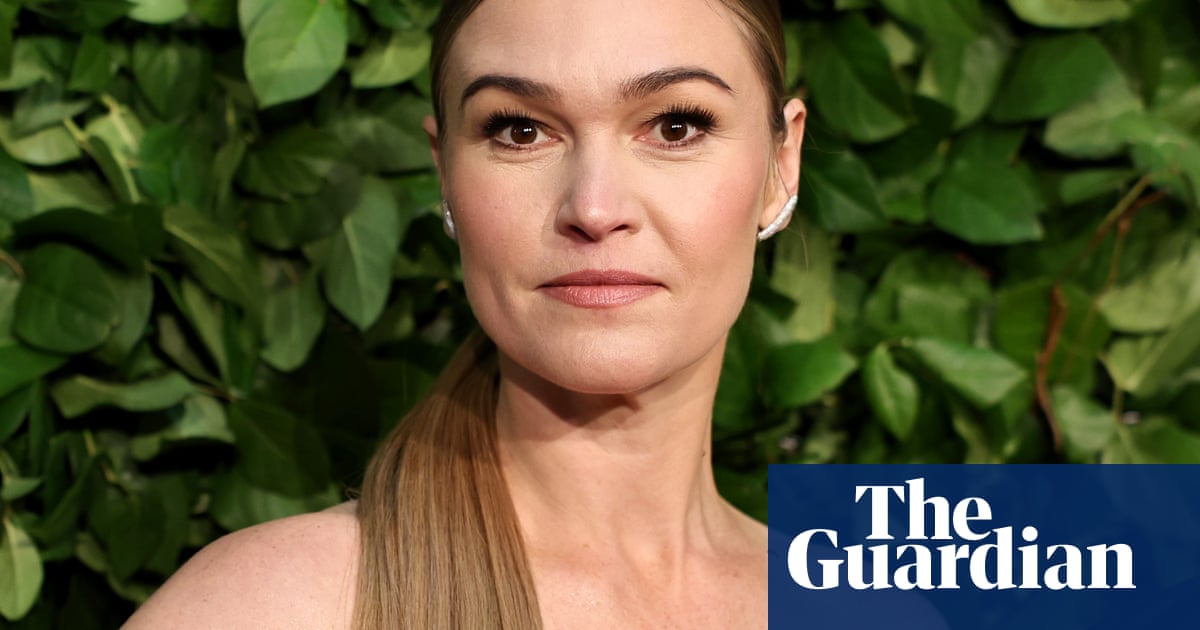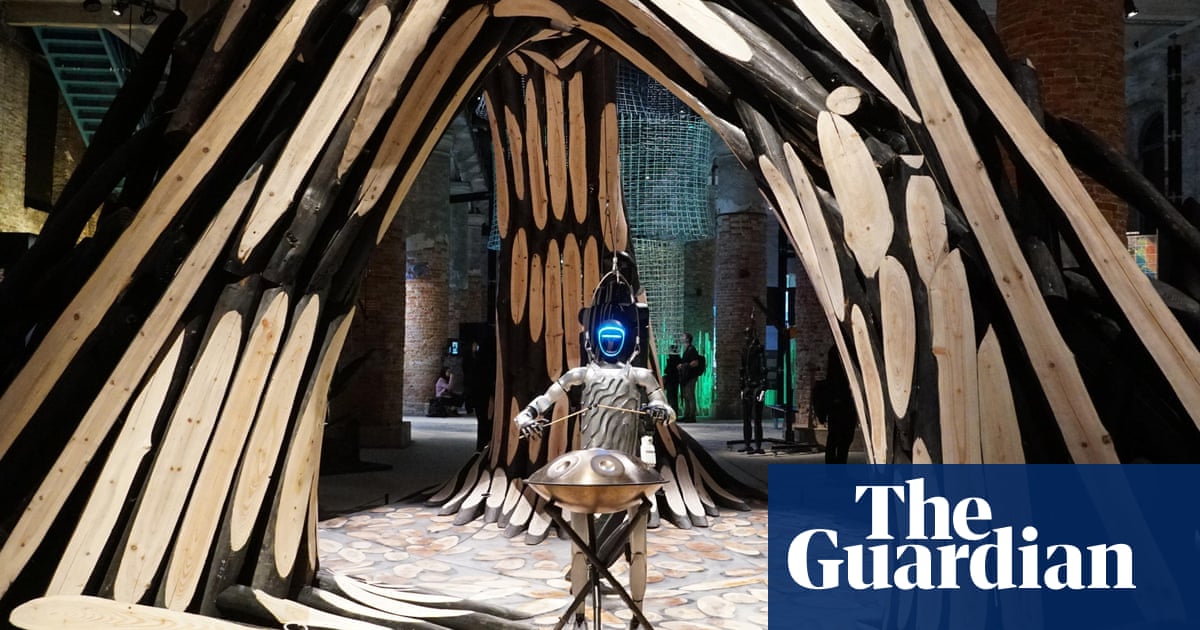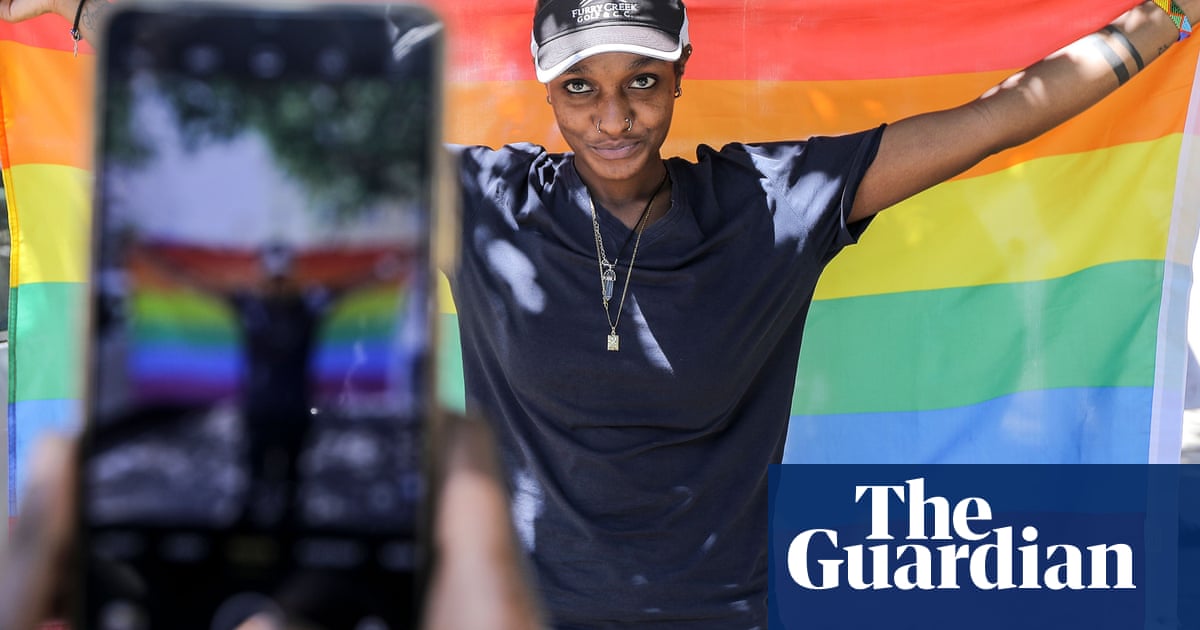A strange and powerful creature has taken over the publishing industry – romantasy, a magical union of romance and fantasy. Last week in scenes reminiscent of Pottermania 20 years ago, bookshops across the country held midnight launches, with fans dressed as their favourite characters, for the publication of Onyx Storm, the third instalment of Rebecca Yarros’s Empyrean series. In its first week it became the fastest-selling adult title since records began, with more than 180,000 copies sold in one day in the UK alone.
Yarros is following in the fairy dust of fellow American novelist Sarah J Maas, who is credited with spearheading the genre with her hugely successful A Court of Thorns and Roses series. In just five years, a genre born during the pandemic and rising on a blaze of BookTok recommendations and emojis has gone from being a niche offshoot of young adult fiction to a once-in-a-generation phenomenon. In the past year, the market share of science fiction and fantasy books rose by over 41%. With their action-packed storylines, alternate worlds and friendship groups, romantasy novels satisfy a nostalgia for those who grew up on a diet of the Harry Potter, The Hunger Games and Twilight series. Tolkein this is not, nor JK Rowling. But lack of literary finesse never hindered juggernaut bestsellers from the likes of Dan Brown (who has a new Robert Langdon novel out in September).
“They get to ride dragons, they get to ride each other,” Yarros quipped of her new novel to whoops from delighted fans at a recent event in Los Angeles. The Empyrean series is set in Basgiath War College for elite dragon riders, an unholy mix of Hogwarts and Top Gun. Yarros has been dubbed “Dragons Jilly Cooper”, Maas’s novels “fairy porn”. But in our porn-soaked culture, there is something old-fashioned about the sex scenes – this is Mills & Boon for millennials, not to mention Gen Z.
Romantasy has reclaimed the geeky fantasy dominion for women, celebrating female friendship, agency and sexuality – a less sexist Game of Thrones. It has created its own communities and fandoms: just as you might be a Swiftie or a member of the BeyHive (Beyonce fan), readers belong to the Maasverse or Empyrean army.
Along with the magical power of lightning, Yarros’s protagonist, Violet, has a chronic illness (Yarros suffers from the genetic disorder Ehlers-Danlos syndrome), adding to her relatability for many readers. The genre promises transformation – from weakness to strength, from outsider to inner-circle, from enemies to lovers. The novels celebrate individuality and belonging.
Taylor Swift and Cynthia Erivo, who plays Elphaba in the movie Wicked, are both Yarros fans, apparently. The romantasy heroine speaks to the cultural moment. The strong, female-led stories show young women can be nerdy and sexy, vulnerable and powerful, both “not that girl” and “that girl”. You can be Glinda and Elphaba, Chappell Roan and Swift. You can be anyone – or anything – you please. This is the fantasy.
Along with the rise in cosy crime, romantasy’s soaring popularity has been attributed to the appeal of escapism in dark times. For its devotees, the genre offers the joy of getting lost in another world and connecting with others. In the face of powerlessness and uncertainty in the real one, its message for young women seems compelling. As Yarros promises her readers at the beginning of Onyx Storm, “Get your leathers. We have dragons to ride.”
Do you have an opinion on the issues raised in this article? If you would like to submit a response of up to 300 words by email to be considered for publication in our letters section, please click here.

 2 months ago
42
2 months ago
42







